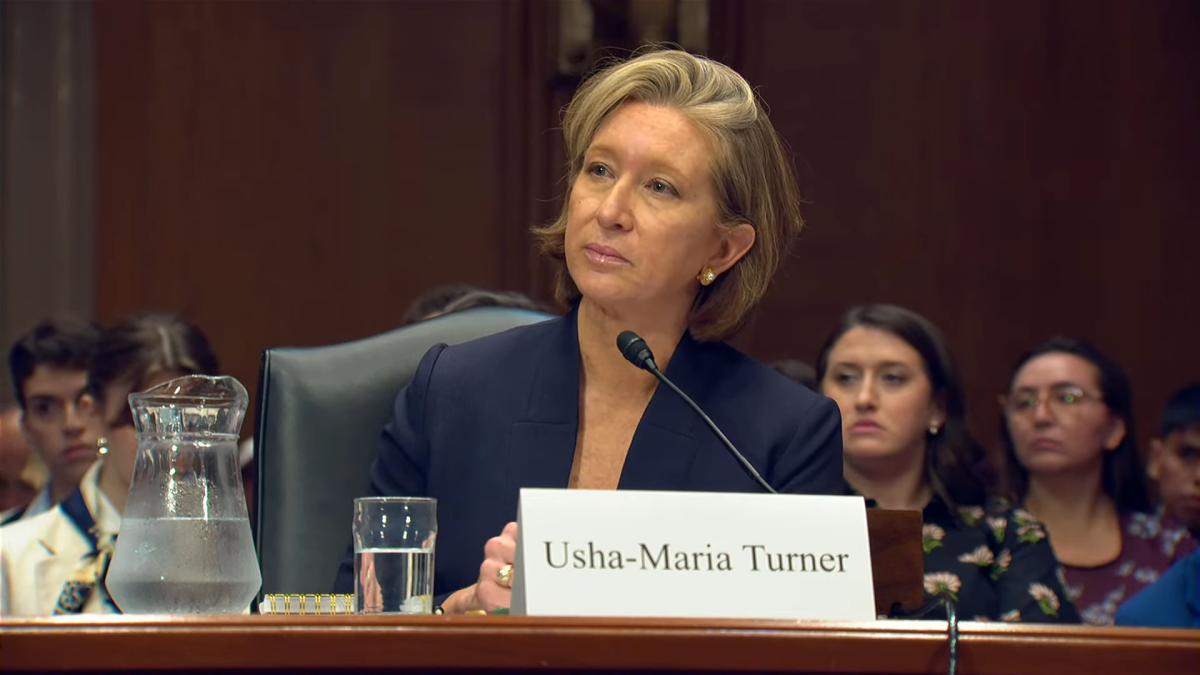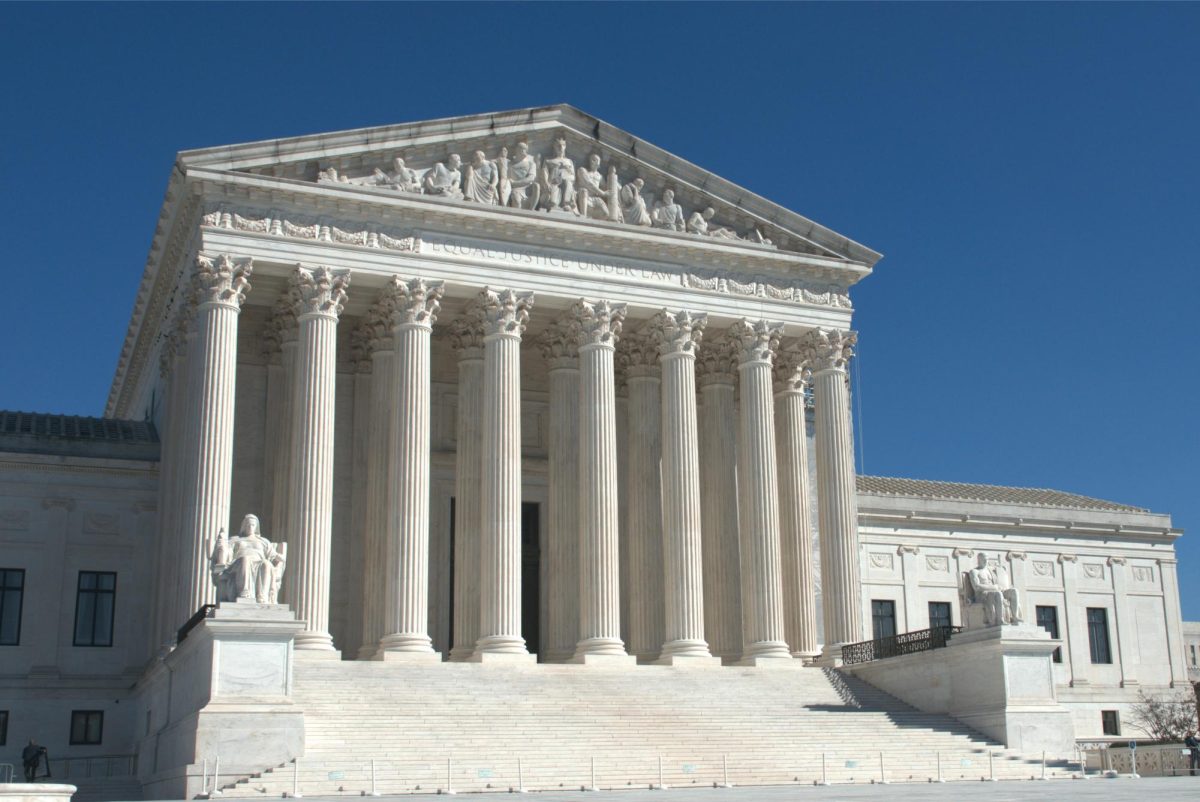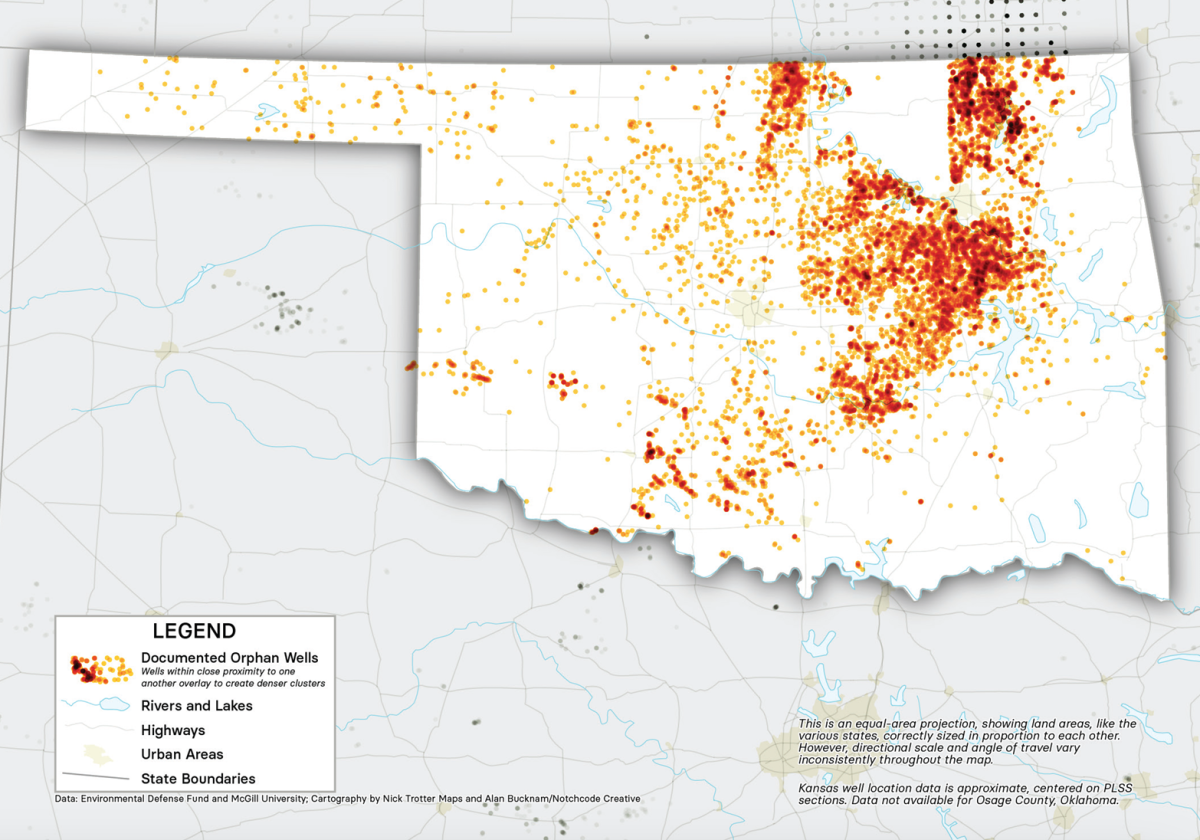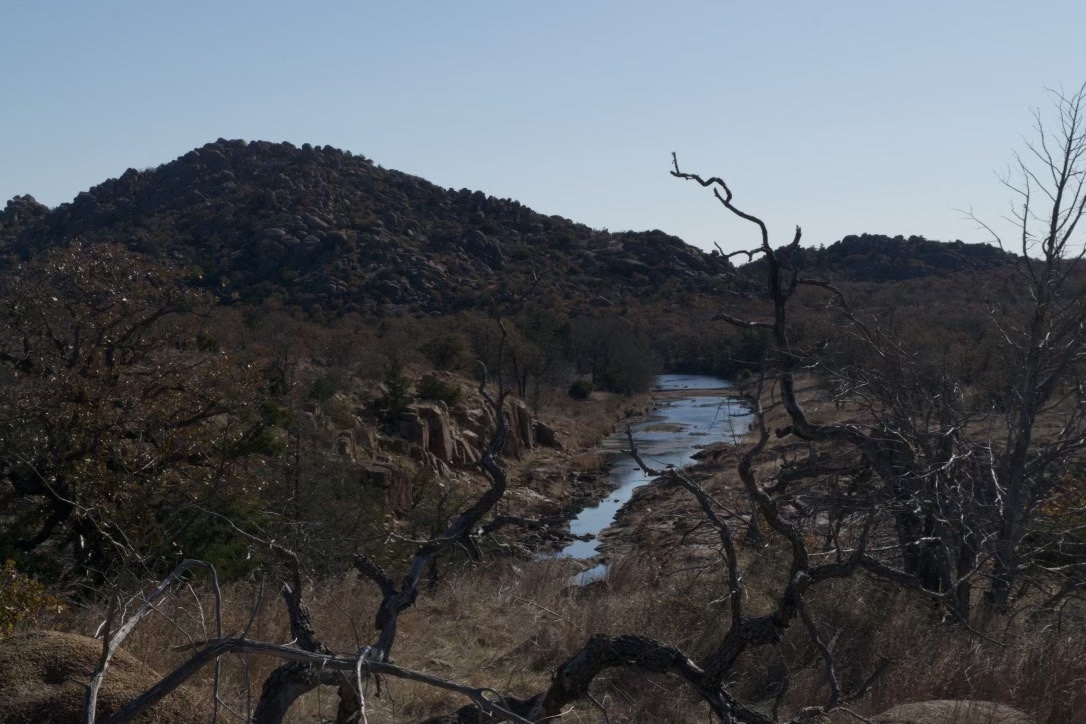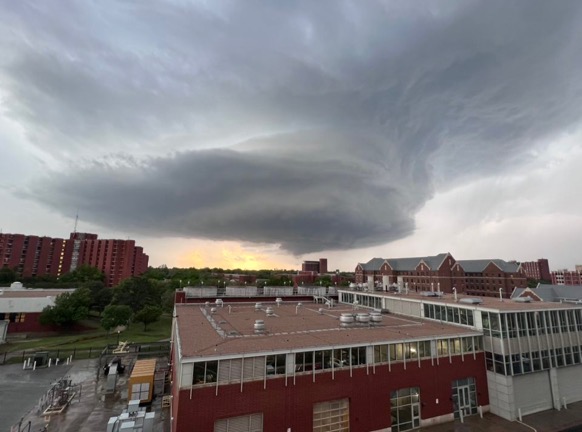WASHINGTON — Oklahoma farmers are pleased that the U.S. Environmental Protection Agency has taken a step to roll back government oversight of the country’s waters by proposing a change to an Obama-era rule one farmer called a “terrible overreach.”
“We’re very encouraged,” said Rodd Moesel, president of the Oklahoma Farm Bureau. “We’ve been working for several years to get the last rule, which we thought was a terrible overreach, moderated to where it made sense.”
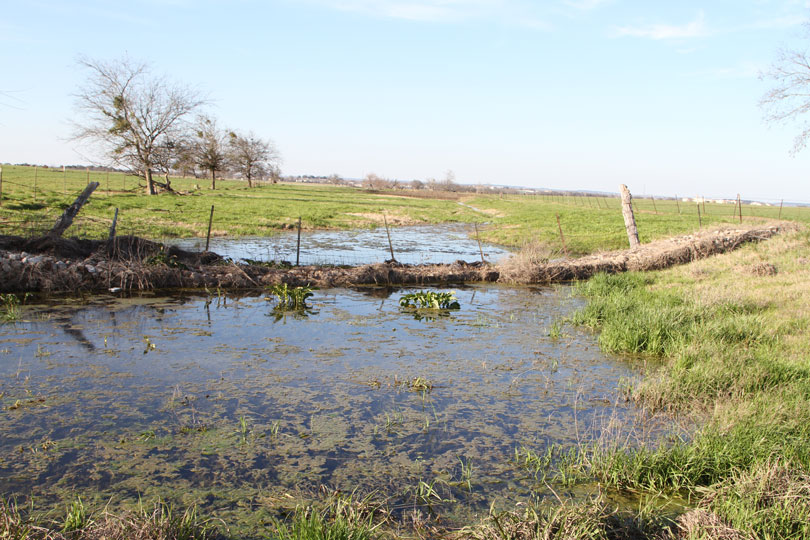
Last Thursday, the EPA and U.S. Army Corps of Engineers filed in the Federal Register a proposal to redefine which of the country’s waterways are federally regulated under the Clean Water Act. A 60-day period for public comment on the issue is open now through April 15.
“Based on the information available this morning, it appears that this is a step in the right direction to restore the Clean Water Act to pre-Obama era regulations,” Rep. Frank Lucas (R-Okla.) said in a statement.
Moesel said his organization, which is dedicated to improving the lives of rural Oklahomans, will lend its comments to the process with the hope that “reasonable minds” will prevail to clear up confusion introduced by the previous rule.
The Waters of the United States, or WOTUS, rule introduced in 2015 under President Obama included protection for smaller bodies of water like tributaries that flow to a navigable water, waters adjacent to tributaries and “ephemeral” waters that only flow part of the year.
Opponents, including farmers and industry groups, saw the definition as too far-reaching.
Kevin Wagner, director of Oklahoma State University’s Water Resources Center, said he had concerns that the definition gave the EPA the ability to regulate almost any water, even in a ditch or a gutter.
The new rule would narrow the definition to reflect the “ordinary meaning” of waters. It includes protection for oceans, rivers and lakes but not streams that are dry part of the year or located too far from larger water bodies, according to the EPA’s proposal.
Wagner said he thinks the new rule clarifies a lot of confusion surrounding the old definition.
“I think they’ve done a good job addressing a lot of the concerns and showing specifically what would be subject to regulation,” Wagner said.
But scientific and environmental groups say the EPA should consider the far-reaching implications of weakening the rule, which they urge should be informed by science.

The Consortium of Aquatic Science Societies, an organization representing nine professional societies and almost 20,000 aquatic scientists, released a statement expressing deep concern about the EPA’s proposed rule.
“More than a half-century of scientific research has unequivocally demonstrated that the physical, chemical, and biological integrity of ‘traditionally navigable’ waters fundamentally depend on ephemeral, intermittent, and perennial headwater streams, as well as the myriad associated lakes, wetlands, and off-channel habitats,” the society said.
Another sticking point is the distinction between federal and state regulation. The proposal now on the table is more consistent with the Clean Water Act’s statue saying states should maintain primary responsibility over land and water resources, according to the EPA.
Moesel said he agrees that states would be better suited to oversee local waters because different parts of the country have different conditions and geographies.
“We’re firm believers that a government closest to people does a much better job of regulating those things because they know what the conditions are in that area and can make reasonable decisions for that state,” Moesel said.
The rule has been embroiled in controversy and caught up in the courts since it was introduced in 2015. Barring a few isolated incidents, Moesel said farmers have not seen their fears of government overreach realized.
“There was great fear and confusion about what the effect would have been because the rule was so broad,” Moesel said.
The EPA’s filed proposal is the latest in a drawn-out process that began with Trump’s 2017 executive order to roll back the Obama-era rule, a promise he began touting during his campaign.
Moesel said his organization is frustrated and disappointed it has taken so long to address.
“But we’re pleased that the train has kept moving in that direction, and we’re headed towards what will be a more reasonable solution that real people can live with and understand,” Moesel said.

